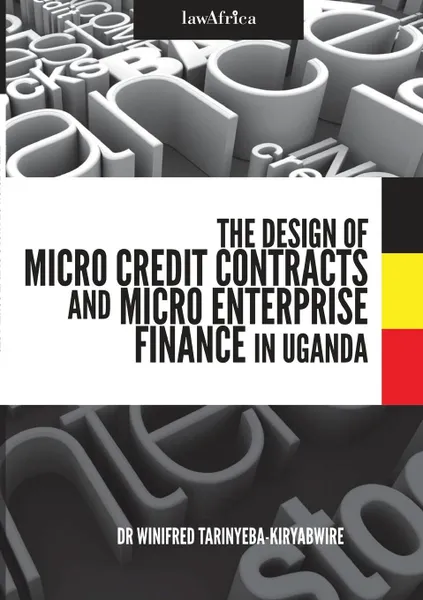The Design of Micro Credit Contracts and Micro Enterprise Finance in Uganda 12+
2010
190 страниц
Категория: Право
ISBN: 9789966151148
Язык: Английский
📒 Studies have shown that the negative effects of credit market inefficiencies are most felt by smaller firms. Therefore, in countries such as Uganda, where micro enterprises are at the bottom of the economic pyramid, moral hazard and adverse selection severely affect their ability to access formal credit hence limiting their growth potential. Micro-finance has been heralded for its use of innovative lending methods to improve access to credit. The last decade has witnessed an unprecedented increase in the outreach of micro lending institutions and the development of financial products suited to the needs of the economically active poor, who often, are unable to obtain credit from mainstream financial institutions. This book analyzes the law and economics theories on access to credit and enterprise finance and based on case studies in Uganda, presents empirical findings of the promise and limits of contractual innovations in micro credit.
Мнения
